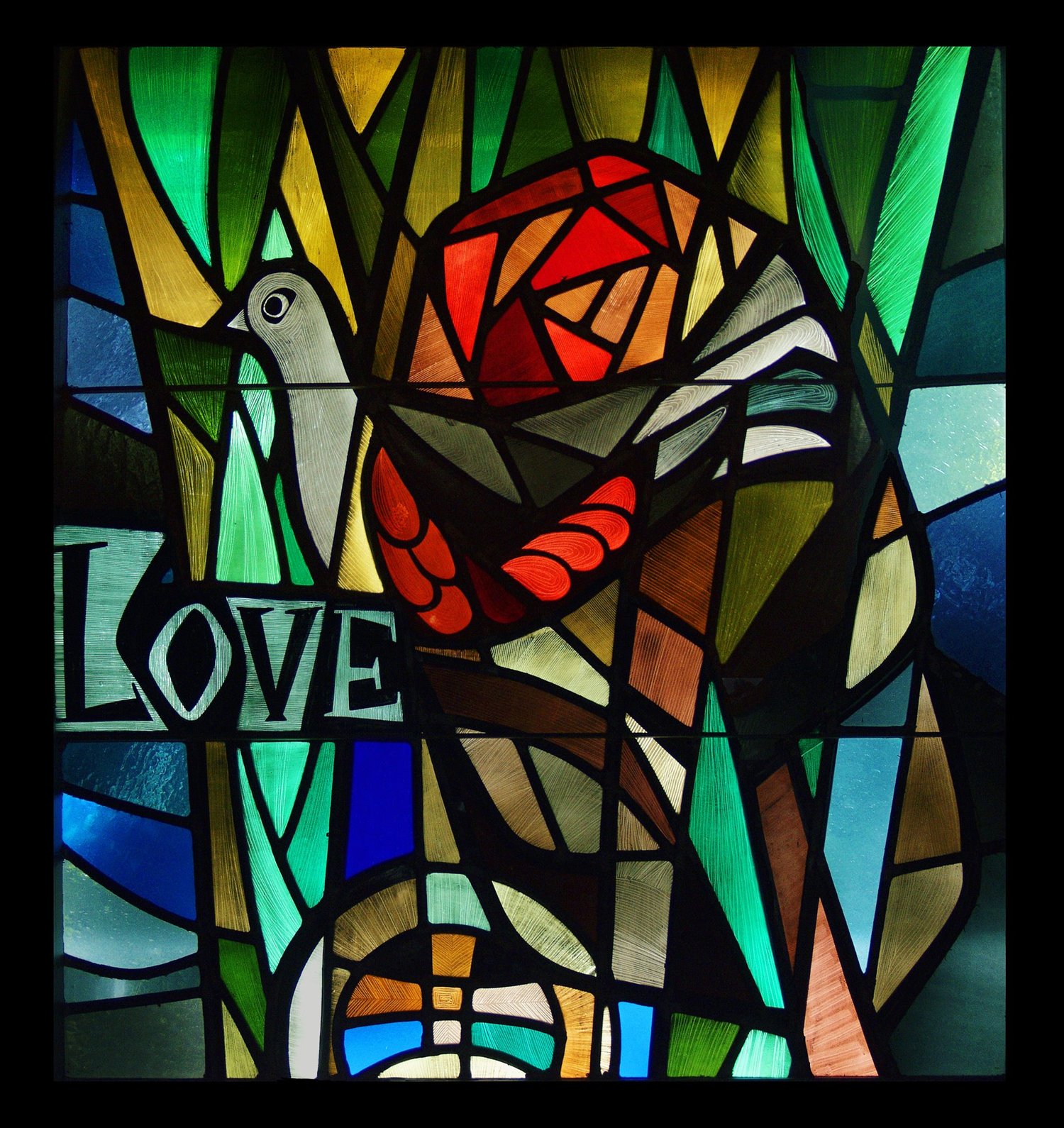Our Denomination: The United Church of Christ
We are proud members of the United Church of Christ (or UCC), a denomination formed in 1957 with a tradition that goes back to the Protestant Reformation and runs through much of the history of the United States. After the success of separate mergers in the 1930s, the leaders of the Congregational-Christian and the Evangelical-Reformed denominations came together to form the UCC and to initiate the uniting church movement of the 20th Century. The Congregationalists come out of the Pilgrims and Puritans, and have been on this continent for more than 400 years. The Christian denomination was formed on the frontiers of the growing US in the 19th century. The Reformed denomination arrived from Germany before the Revolutionary War, and the Evangelicals arrived from Germany just prior to the Civil War. Since the merger of those “four streams,” our river has become much wider as we have been joined by congregations out of the Pentecostal movement, the Metropolitan Community Church, Pacific Islands, large non-denominational churches, and small new-start churches. We share clergy and mission work with the Christian Church (Disciples of Christ), and we are moving toward similar agreements with the United Church of Canada.
The UCC stands on a strong foundation of congregational autonomy, meaning we have local control of all decisions about property, staff and pastors, mission work, and contributions to the denominational offices. We balance this with an equally strong sense of covenant between and among our various settings; this gives us the “United” of our United Church of Christ. Shared values that run through our history include education, medical care, listening to each other, and social justice-- not just to ennoble individuals but also to change systems of oppression. Our denomination has been at the forefront of ordaining African Americans, women and LGBTQ folk; we have been active in Civil Rights marches, the Migrant Farmworkers Movement, the Standing Rock protests against the oil pipeline, the People Not Mascots protests, the Green Church movement, and the #BlackLivesMatter campaign; our predecessor denominations founded schools such as Harvard, Yale, Vanderbilt, UC Berkeley, and many smaller liberal arts colleges across the US, including several Historical Black Universities and Colleges in the South; they also founded many social institutions such as hospitals, nursing homes, homes for mentally disabled, and orphanages. We have 5 denominationally connected seminaries across the country, with the Pacific School of Religion in Berkeley’s Graduate Theological Union merely 3 miles away; Arlington Community Church was founded by Congregationalist PSR students in the 1930s.
In the UCC, we come together recognizing the variety of traditions, opinions, and paths that have brought each of us to this point. We welcome discussion and discernment to hear how the Holy Spirit is blowing through our work; we understand that God is Still Speaking, and we say, “Never place a period where God has a placed a comma,”. In this, we have come to an awareness that the European-based church as it entwined with the American desire for expansion caused much oppression to Native Peoples and Creation, and we are leading the Christian movement to atone for this treatment of other people and our earth. We are a non-creedal church, meaning there is no statement of belief required prior to membership; we believe we are all on a spiritual journey, and, “No matter who you are, or where you are on life’s journey, you are welcome here.”
The UCC is divided into Regions, Conferences and Associations. We belong to the Bay Association of the Northern California-Nevada Conference in the Western Region of the UCC. Our national headquarters are in Cleveland, OH. For more of our history and values, check out http://www.ucc.org/

